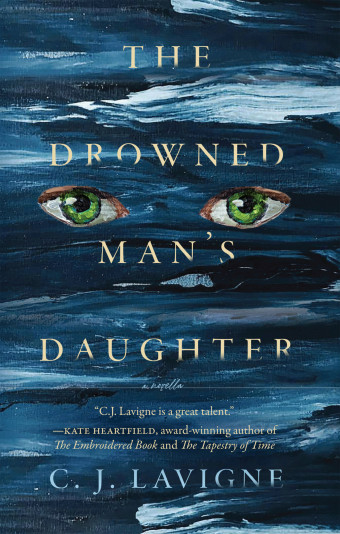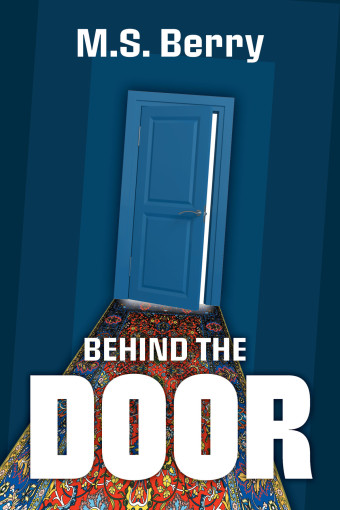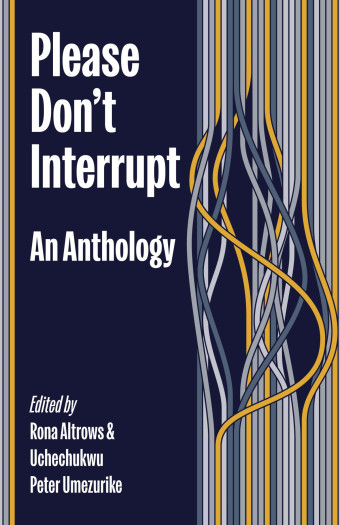According to Nigerian writer Ifeoma Chinwuba, two areas of interest led her to write her new novel Sons of the East. “I wanted to chronicle a smidgen of the crosscurrents and issues churning inside us as a people,” she states. “As well, I’d interacted and interfaced with Igbo industrialists and entrepreneurs, whose lifestyle fascinated me and spurred me on to document the same for posterity.”

- Sons of the East
- Ifeoma Chinwuba
- Griots Lounge Publishing Canada
- $26.99 Paperback, 396 pages
- ISBN: 978-17-38699-30-8
The result is an urgent, thought-provoking tale about an entrepreneurial family beset by rivalry, chauvinism, and infidelity. The East in the title refers to the Igbo demographic in the eastern part of Nigeria, the location of Chinwuba’s tribe as well as the novel’s setting.
Chinwuba is the author of five previous books. She started out as a child refugee and eventually served as Nigeria’s ambassador to Côte d’Ivoire. From 2021 to 2022, she was writer-in-residence at the University of Alberta, during which time she edited a collection of stories called The Pandemic and Me. She currently lives in Ottawa.
At the outset of the novel, middle brother Jasper opens a shop with financial help from his mentor, and soon after marries an attractive young woman from a wealthy family. At first, his two brothers are merely envious of Jasper’s good fortune. But Jasper’s ongoing success in his business and marriage fans the flames of his brothers’ jealousy, leading them to make many rash decisions in terms of their careers and personal relationships. As a result, their problems spin out of control until a crisis ensues, with unexpected outcomes.
As a writer, Chinwuba finds fiction appealing because of its elasticity – the ability to give free rein to one’s imagination. “The fiction writer feels omnipotent and is not circumscribed by the guardrails that non-fiction imposes,” she says.
Even so, one of her challenges was researching the business aspect of the story. She interviewed many businesspeople, visited their shops, and spoke to their spouses as well as apprentices so as to better capture their perspectives.
Another important task was how to capture vernacular expressions spoken by the characters without alienating the reader. “I solved this quagmire,” says Chinwuba, “by translating the non-English words whenever they appeared.”

As for the characters, her favourite one is Charity. “She first enters the scene as a young wife and mother, full of hope and expectations, but due to circumstances beyond [her] control, her fortunes somersault,” says Chinwuba. “However, realizing that in a man’s world she cannot win, she recalibrates to make the best of a horrible situation.”
In Chinwuba’s opinion, a reader who enjoys family sagas, romance, and business dealings as well as the social struggle for justice, equity, and inclusivity will enjoy Sons of the East.
“After reading my book, it will dawn on readers that the Nigerian civil war that the Igbos fought over 50 years ago is still raging big time,” she says.
“While they contend with federal government issues, there are also demons of the people’s own making, which they are powerless to exorcise and which militate against their success outside the marketplace.
“The headwinds they face are both internal and external.”













